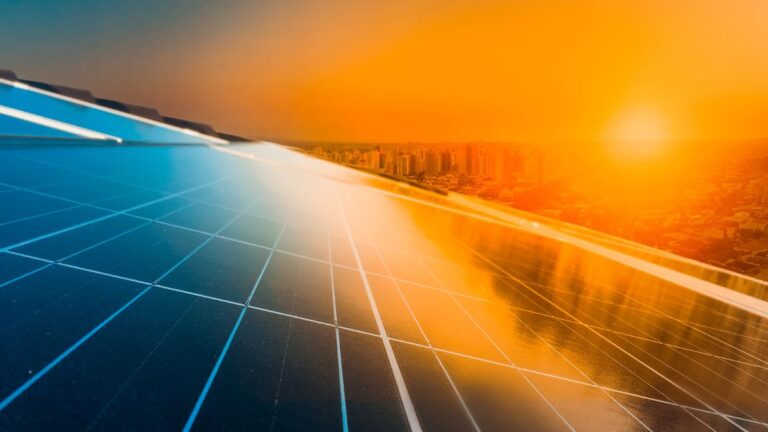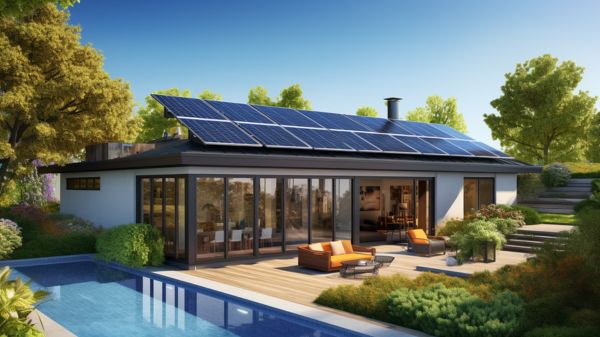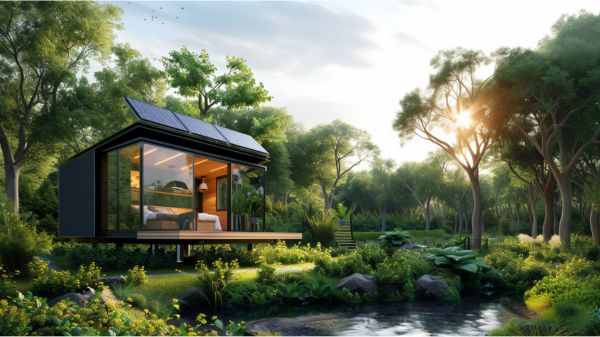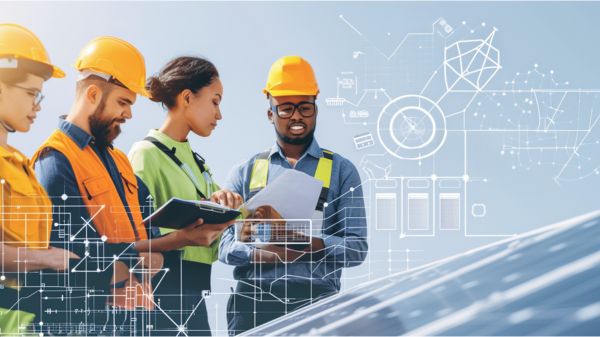Troubleshooting and Maintaining Solar Power Systems: A Guide
In your quest to harness the sun’s power, unexpected glitches may arise. Fear not, for this guide will be your trusty companion on the path to troubleshooting and maintaining your solar power system.
From cleaning and inspecting solar panels to identifying wiring issues and troubleshooting inverter problems, we’ve got you covered.
With our guidance, you’ll become a master of battery maintenance, system optimization, and overall performance.
Embrace the belonging of solar power ownership as we journey together through this enlightening adventure.
Key Takeaways
- Regular cleaning and inspection of solar panels is essential for maintaining efficiency and maximizing power generation.
- Proper wiring maintenance, including checking for loose connections and damaged insulation, is crucial to prevent issues and ensure safe operation.
- Troubleshooting and repairing inverter problems is necessary to avoid disruption and optimize system performance.
- Battery maintenance, including regular inspections and following manufacturer’s guidelines, is important for prolonging battery life and ensuring optimal energy storage.
Solar Panel Cleaning and Inspection
To properly maintain your solar power system, it’s important to regularly clean and inspect your solar panels. Keeping your panels clean is crucial for maintaining their efficiency and maximizing power generation. Dust, debris, and bird droppings can accumulate on the surface of the panels, reducing their ability to absorb sunlight. Cleaning them with a soft brush or sponge and mild detergent can help remove any stubborn dirt or grime.
Additionally, inspecting your panels for any signs of damage or bird nests is essential. Birds can cause significant harm to your solar panels by pecking at the surface or building nests underneath them. Regularly checking for bird damage and taking preventive measures, such as installing bird deterrents, will ensure the long-term functionality of your solar power system.
Related Post: Cleaning Solar Panel for Its Maximum Efficiency and Sustainability.
Identifying and Resolving Wiring Issues
Now let’s delve into the important aspect of identifying and resolving wiring issues that may arise in your solar power system. It’s crucial to ensure that your solar power system’s electrical grounding is properly installed and functioning. This helps protect against electrical shock and ensures the system operates efficiently.
Additionally, implementing weatherproofing techniques is vital to safeguard the wiring from moisture, heat, and other environmental factors. Here are three sub-lists to guide you:
Common Wiring Issues:
- Loose connections
- Damaged insulation
- Overheating wires
Troubleshooting Techniques:
- Inspecting connections for tightness and signs of damage
- Using a multimeter to test for continuity and voltage
- Checking for hot spots on wires using a thermal camera
Resolving Wiring Problems:
- Tightening loose connections
- Repairing or replacing damaged wiring
- Installing additional insulation or heat-resistant materials when necessary
Troubleshooting Inverter Problems
Ensure the efficiency and functionality of your solar power system by effectively troubleshooting inverter problems. The inverter is a critical component that converts the DC electricity generated by the solar panels into AC electricity that can be used to power your home or business.
When the inverter malfunctions, it can disrupt the entire system and reduce its overall performance. To diagnose and repair inverter issues, you need to employ various troubleshooting techniques. The table below outlines common inverter problems and their potential causes:
| Problem | Potential Cause |
|---|---|
| No output power | Faulty connections or damaged components |
| Low or fluctuating output power | Inverter overload or insufficient sunlight |
| Inverter not turning on | Faulty DC input or internal circuitry issues |
| Error codes or warning indicators | Communication errors or internal faults |
Battery Maintenance and Replacement
When troubleshooting and maintaining solar power systems, it’s important to properly maintain and, if necessary, replace the batteries. The battery lifespan plays a crucial role in the efficiency and effectiveness of the solar power system.
Here are some key points to consider for battery maintenance and replacement:
Proper Storage:
- Store batteries in a cool and dry place to prevent overheating and moisture damage.
- Avoid exposing batteries to extreme temperatures, as it can reduce their lifespan.
- Regularly check and clean battery terminals to ensure good conductivity.
Maintenance:
- Perform regular battery inspections to identify any signs of damage or deterioration.
- Follow the manufacturer’s guidelines for charging and discharging the batteries.
- Keep a record of battery performance and replace them when their capacity drops below recommended levels.
Replacement:
- Replace batteries when they no longer hold a charge or fail to provide sufficient power.
- Consider upgrading to higher-capacity batteries for improved energy storage.
Monitoring and Optimizing System Performance
To monitor and optimize the performance of your solar power system, you should regularly assess the efficiency and effectiveness of its components.
Conducting a system efficiency analysis will help you identify any areas where improvements can be made. This analysis involves measuring the output of your panels and comparing it to their rated capacity. By doing so, you can determine if there are any issues with panel performance, such as shading or dirt buildup.
Additionally, it’s important to have remote monitoring capabilities in place. This allows you to track the performance of your system in real-time and receive alerts if any abnormalities are detected. Remote monitoring can help you identify and address any issues promptly, ensuring that your solar power system operates at its optimal level.
Conclusion
Maintaining and troubleshooting solar power systems is a crucial task that requires attention to detail and technical knowledge. By regularly cleaning and inspecting solar panels, identifying and resolving wiring issues, troubleshooting inverter problems, and properly maintaining batteries, you can ensure the optimal performance of your system.
Don’t neglect these tasks as they can make a world of difference in maximizing the efficiency and longevity of your solar power system.




